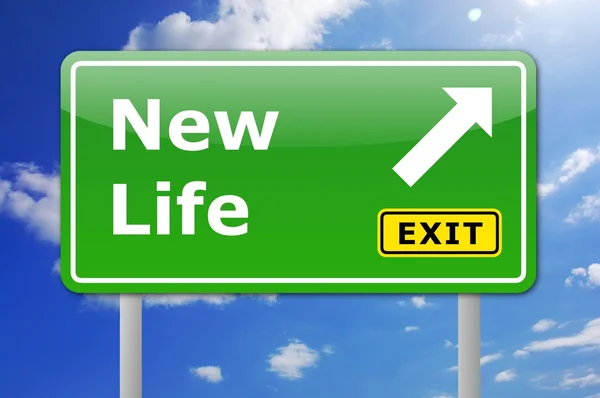
A priest director of a Human Rights research center gives the readers of the Catholic Peace Weekly some thoughts on one of the important issues of our era.
Here in Korea, we suffered greatly from the heavy rains from June, the heatwave immediately followed and the typhoon blew harder than ever. He doesn't care to go outside when it's over 30 degrees in the morning. Hearing that wearing black clothes, which are looser than white clothes, is better for dissipating heat in the body, he becomes concerned about what he wears.
The struggle for survival between water and fire is harsh in every corner of the earth. Most people feel that climate change is real and very dangerous. However, I am still not interested in the way of life and behavior I should choose to live.
We now live in an environment with the highest carbon dioxide concentrations ever seen in the Earth's atmosphere in the last 3 million years. Carbon dioxide, a very small amount in the earth's atmosphere, accounts for more than half of the greenhouse gas composition and heats the earth by trapping heat in the atmosphere. If greenhouse gases continue to rise, along with carbon dioxide, mostly from fossil fuels, the global environment will lead to catastrophic disruptions unlike anything we've ever experienced. We and the ecological environment are connected and dependent on each other because we are in a mutual relationship. The misuse and abuse of human capacities and the ecological world threatens our lives. It is time to think beyond the vague fantasy of 'sustainable growth'.
As much as this is an era of crisis, it is also an era of answers and accountability. The pandemic that has wreaked havoc on the world has shown just how devastating the unequal divide between wealth and poverty can be, and it has also revealed that no one is safe if everyone is not safe. Structural social problems such as climate change cannot be solved by 'the sum of individual good deeds', but they cannot be initiated without an internal transformation to be born as an 'ecological citizen', that is, without ecological repentance and the formation of ecological habits. (Pope Francis Laudato Si 211-219)
What kind of 'lifestyle' I live is the measure of ecological conversion. Do you live with humility and simplicity? Are my benefits greater than the pain of the world? Is a big house, a nice car, a large piece of land your goal in life? The climate crisis poses serious existential questions for each of us. This crisis is also in the realm of politics, policy, science, and technology, but more fundamentally, it is a spiritual and ethical problem that humans constantly face in the history of crisis. Consumerism for comfort and the easy 'lifestyle' is at the center of this crisis.
Saint Gregory of Nyssa shows how our gluttony leads to all sorts of selfishness. The Apostle Paul teaches us to find rest in gentle relaxation. Do not indulge in a frenzy of pleasure. Don't make yourself a destroyer.
He is not saying to practice abstinence as we traditionally understand it. The word 'asceticism' comes from the Greek word 'askesis', which means putting theory into 'practice'. Rather than giving up something, it means constantly training and practicing. In the Gospels, all the disciples gave up their possessions, fasted, abandoned their desires, and sought to discipline themselves.
The process is difficult, but they did it all with great joy. Because it was the work of the kingdom of God. The world that Jesus hoped for is not a world of luxury, waste, and complacency. In the current state as it is, to fundamentally resist and challenge the lifestyle of the dominant system is the real 'lifestyle of asceticism'. It changes the world.